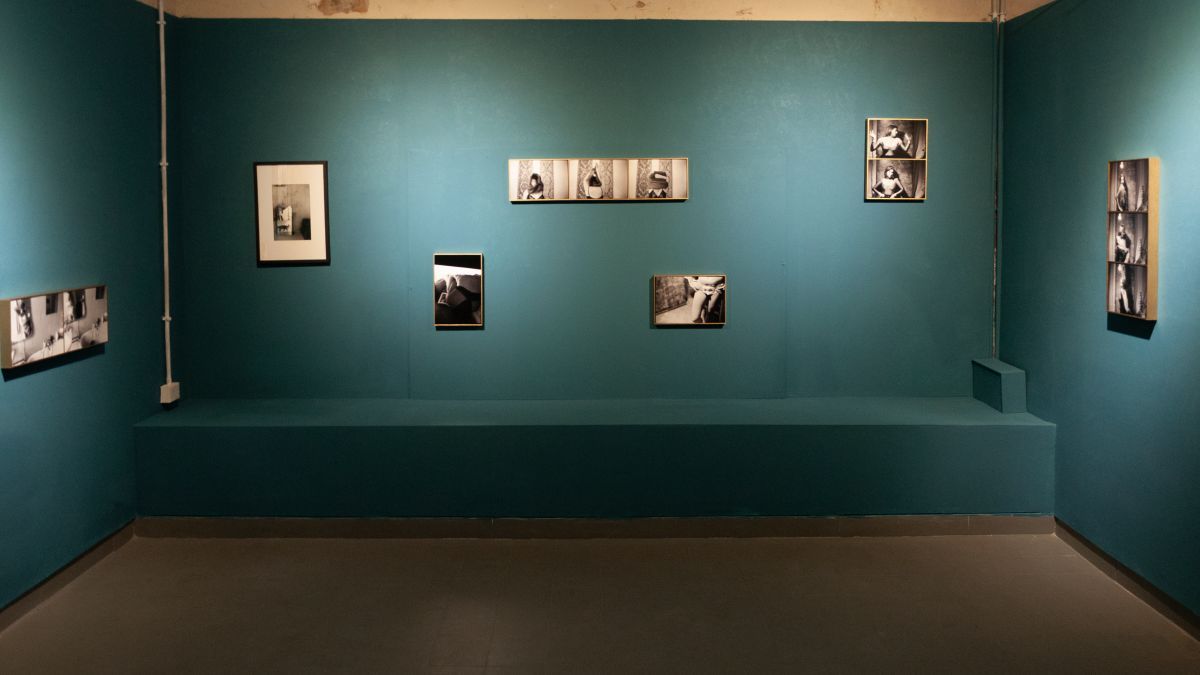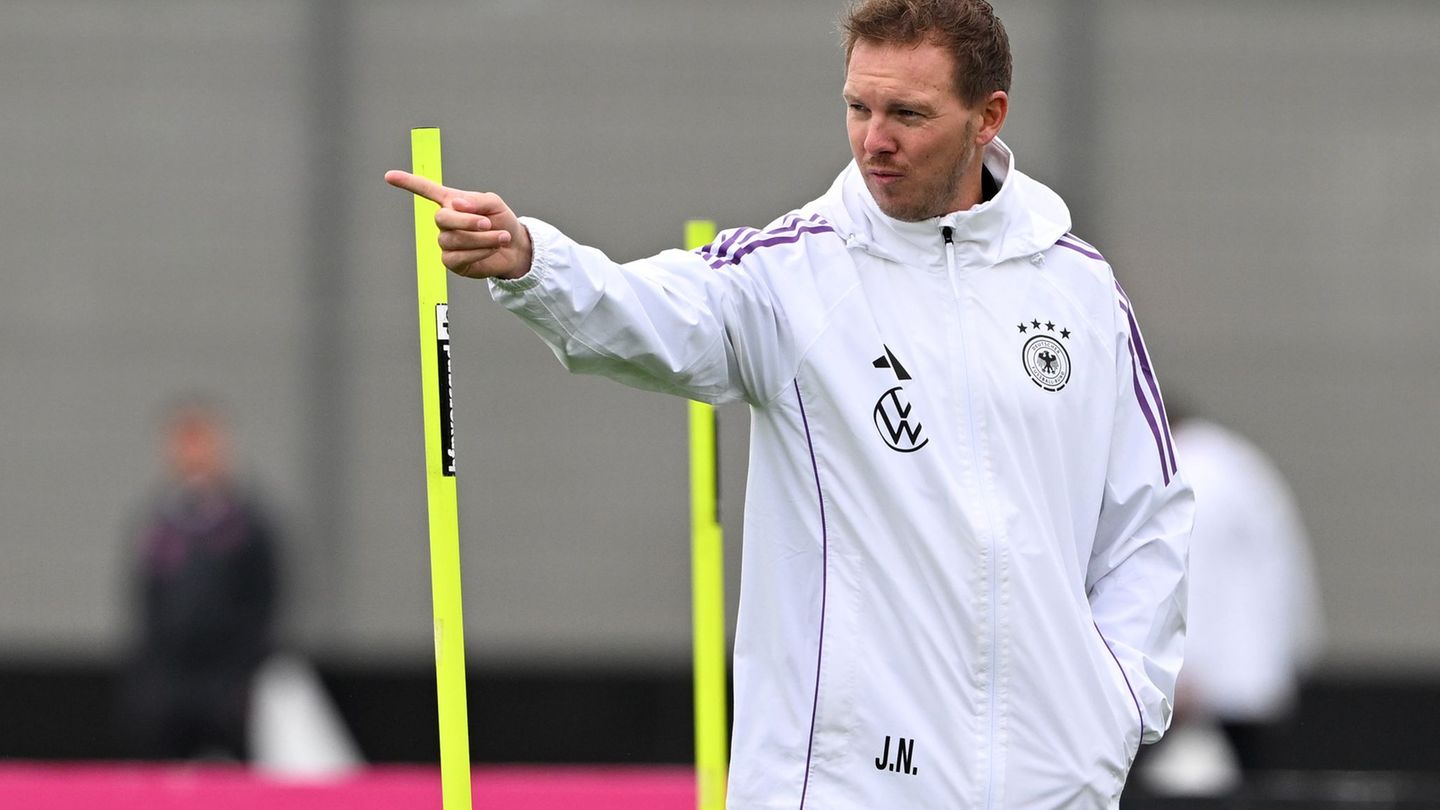On Saturday the former head of the Polish government took over the leadership of the opposition Citizens’ Platform (PO), which he himself co-founded in 2001.
The historian and die-hard football fan had to cope with numerous crises during his time as EU Council President from 2014 to 2019: from migration to the Greek financial crisis to the Brexit negotiations. He has been chairman of the European People’s Party (EPP) since 2019.
Tusk sees his future in his homeland, as he made clear on Saturday when he was elected interim successor to the resigned party leader Borys Budka. “I’m 100 percent back,” Tusk said on Saturday in front of applauding party members.
In his homeland, the convinced European is now faced with the difficult task of uniting the opposition and replacing the national-conservative ruling party Law and Justice (PiS) in power.
Tusk and the PiS are closely linked to one another. In his speech at the party congress he accused the PiS of bringing Poland into a “dangerous situation” by breaking with EU partners. “When you see evil, fight it,” he said.
According to his own statements, Tusk learned to fight as a teenager in his hometown of Gdansk. “As a child, as a young man, I was a typical hooligan,” he said in a 2014 interview. Tusk has retained his enthusiasm for football to this day, and decades later he can recite the results of important games at major tournaments by heart. However, he already put his fighting energy into politics as a student, when he became involved in the anti-communist opposition movement.
After the democratic change in Poland in 1989, the historian and friends founded a liberal movement. The liberal-conservative Citizens’ Platform (PO) followed in 2001. After the election as head of government in 2007, the politician successfully led his country through economic crises and, in contrast to other political forces in Poland, always relied on a close partnership with Germany. Tusk, who has two children with his wife Malgorzata, also speaks German.
In 2011 he was re-elected as the first Polish prime minister since the end of communism. The move to Brussels followed three years later. Tusk and PiS chairman Jaroslaw Kaczynski also fought their rivalry at the EU level when the national-conservative government tried to prevent Tusk from being re-elected as EU Council President.
Kaczynski had previously attacked Tusk sharply because of the investigation into the crash of the Polish presidential plane in Russia in 2010, in which his twin brother Lech Kaczynski, the then president, died. Tusk was Prime Minister at the time of the accident. The initiative of the PiS government failed. Tusk then sent a strong warning to his opponents in Warsaw. “Be careful which bridges you break off behind you,” he said. Because afterwards “you can never cross it again”.
The next elections in Poland are planned for 2023. Until then, Tusk’s most important opponent is likely to remain PiS boss Kaczynski. The 72-year-old, who, according to his own announcement, ran for “one last time”, was confirmed as chairman by his party on Saturday.



